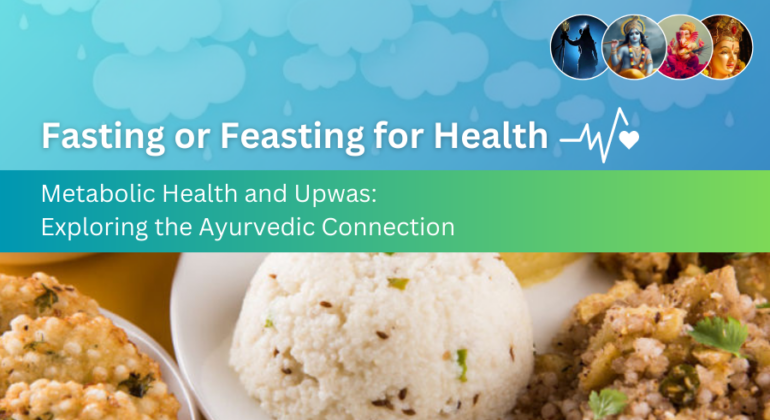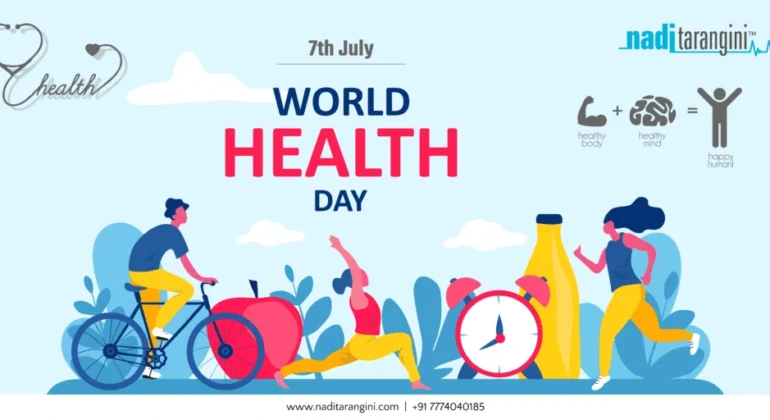Metabolic Health and Upwas: Exploring the Ayurvedic Connection
Shravan or Sawan is the indication of monsoon season. With rains and greenery all around it gets serene and magical and close to nature. The monsoon comes along with many festivals and it’s a time of real celebration. Many times, these festivals are associated with …
World Health Day – Jivha Pariksha
“On the occasion of World Health Day, we must learn the importance of our health and work towards making it better. Happy World Health Day.” World Health Day is celebrated Every Year on 7 April. This is an Initiative by WHO to spread awareness about …
Rutusandhikaal and Dakshinayana
All-natural phenomena are correlated with each other in complex ways, so one wonders how our ecosystem and body are related? Being a part of the ecosystem, the human body is greatly influenced by the external environment.Many of the exogenous and endogenous rhythms have specific phase …
Welcome monsoon: Ayurveda way
Lush green surroundings, running waterfalls, showers of rain and a long drive. This is a picture-perfect monsoon. After an exhausting summer, the monsoon (varsha rutu) always brings energy and happiness everywhere. Hot tasty pakodas, samosa accompanied by tea are truly monsoon companions. But many times, …
Stay Pain-Free this Monsoon Season
We always prefer to do house maintenance work before Monsoon to avoid extra trouble due to rain. Similarly, taking special care of our body before or during Monsoon is very essential because Monsoon is always associated with different spectra of diseases. Especially complaints related to …
Search
Recent Posts
- Ayurvedic Parenting Tips: Nurturing Children with Holistic Health Practices
- The Role of Rasayana in Ayurveda: Rejuvenating Body and Mind
- Ayurvedic Wisdom for Eye Health: Caring for Vision Naturally.
- Ayurvedic Nutrition for Different Body Types: Customizing Diet for Vata, Pitta, and Kapha.
- Ayurvedic Sleep Remedies: Natural Ways to Improve Sleep Quality.






